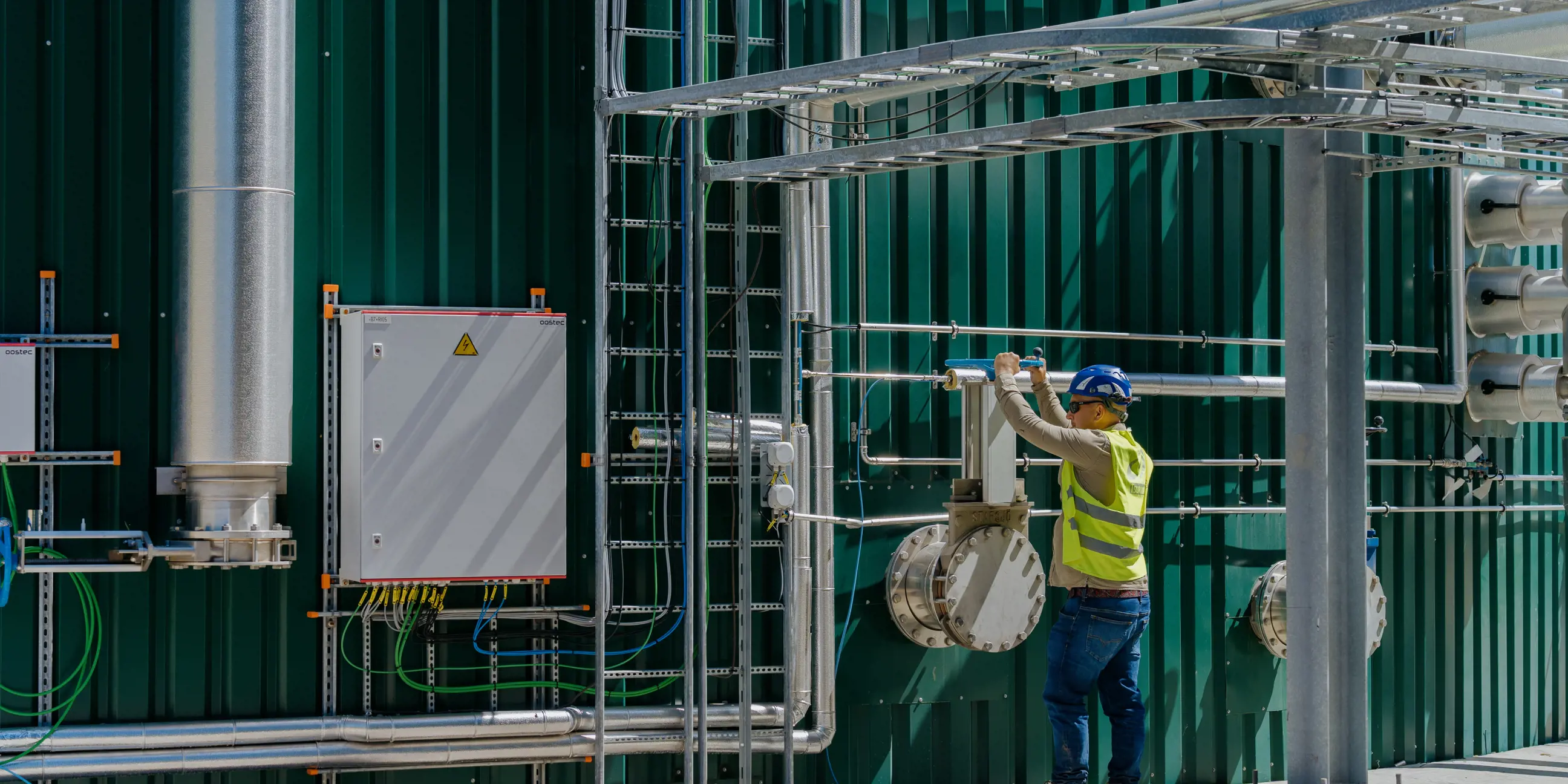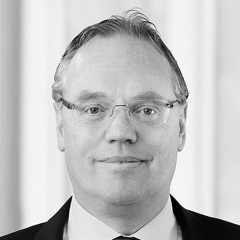
What began as CIP’s first biogas investment is now fully operational and delivering renewable gas to the grid under a 20-year subsidy. The expansion has been completed, and the project is now one of Europe’s largest biogas plants—offering valuable lessons to optimise similar future investments.
Renewable natural gas is playing an increasingly large role in the green transition as well as Europe’s drive to replace supplies of Russian natural gas.
Copenhagen Infrastructure Partners’ first biogas investment, Tønder Biogas in southern Denmark, is now fully operational and meeting that demand. Since its first gas in November 2022, the plant has undergone a major expansion and reached full capacity in 2025.
CIP acquired Tønder Biogas through its CI Advanced Bioenergy Fund I (CI ABF I) in February 2023 from Canadian-based Anaergia—marking the fund’s first investment.
Following the acquisition, CIP signed an Engineering, Procurement & Construction (EPC) contract with Danish biogas technology provider Lundsby Renewable Solutions to complete the design and construction of the facility. That work is now complete.
Biogas is where the action is right now – it’s decarbonisation and also plays to the need to replace Russian gas supplies. This is an area that is growing really fast and it could be an exciting area for future investments. Tønder is a very important project for that reason, and also as it is the first investment in the fund.
Tønder Biogas has been in operation since November 2022, and production steadily increased as the facility was expanded. With the full build-out completed in 2025, the plant is now running at full capacity.
Although this is CIP’s first biogas investment, it has many employees involved who have significant experience in the area, including Dalsgaard, who was previously CEO for Bioenergy at Ørsted.
The site is attractive, in the middle of a significant agricultural area for supply of feedstock. CIP made the acquisition after the removal of a significant risk, as providing first supply to the grid before the end of 2022 secured a state-backed subsidy for 20 years. Further support comes from close cooperation between the deal team, investment management and CIP.
We have had a lot of experience with biomass in terms of acquiring biomass feedstock, for example in the UK and in Denmark. The structure of contracts and stakeholders are very similar and we have been able to apply this experience in Tønder. Just 18 months ago there was only one person in CIP dedicated to biogas and now there are around 10, and this is just one example of the way we are reinforcing our position to go into other similar projects.
Importantly, there has been plenty for CIP to learn from the acquisition which will inform the process for future projects. It was important to retain those skilled personnel already in place, while adding other necessary capabilities.
Overall the process went well, Dalsgaard explains, but since it was the first such deal for CIP, it will form the basis of a playbook for future acquisitions and projects. For example, the health and safety procedures in place were initially not of the same standard as CIP’s and that became a major focus area.
An audit by Danish authorities in early 2023 noted a number of observations and things to improve, ranging from wearing personal protective equipment (PPE) on site to ensuring processes and procedures were safe. When they returned in summer, all of these had been resolved.
It is clear that we really need to have close attention on the organisation from senior personnel, from day one of the takeover. We took over a plant that was already operating and sending gas to the grid, and developed the project from there.
This has been excellent preparation for ramping up production at Tønder as well as future investments.

Across the world CIP is engaged in green energy and infrastructure projects. Here are a few of them.